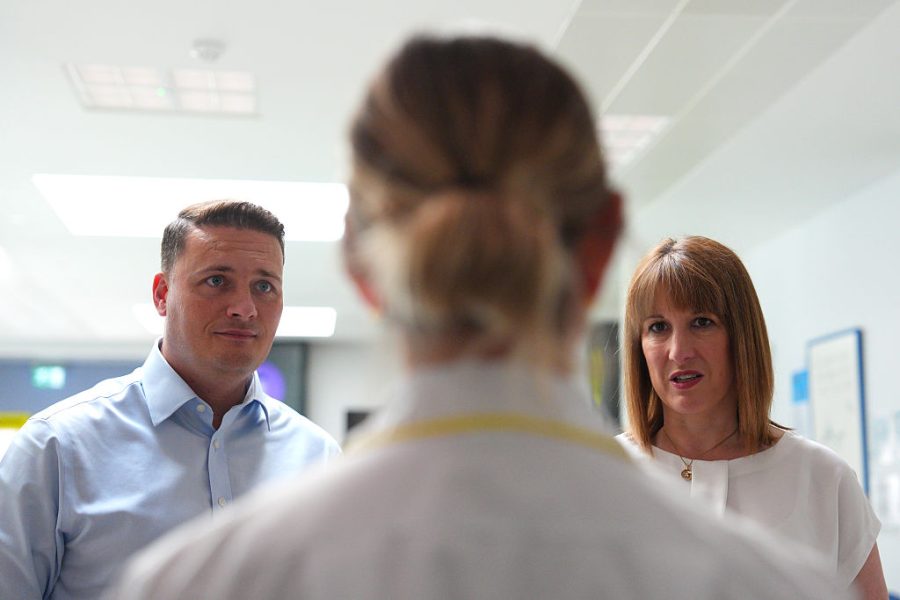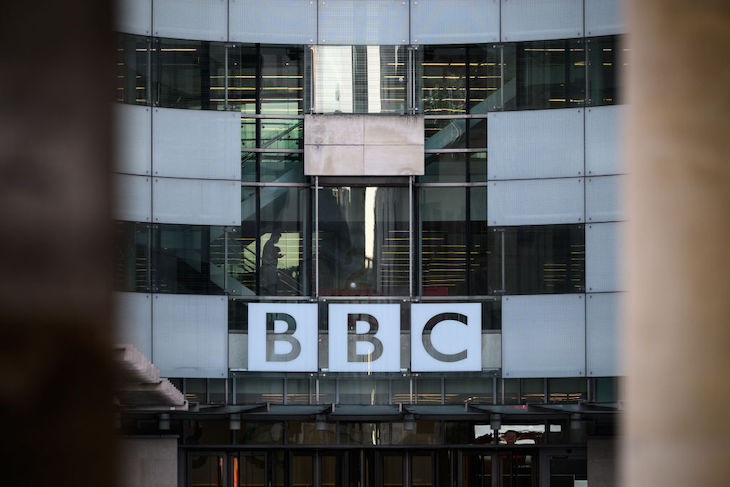The NHS was a big winner at the Spending Review, with Chancellor Rachel Reeves announcing a ‘record cash injection’. Two hundred miles from the Commons in Manchester, NHS England Chief Executive Sir Jim Mackey, told healthcare leaders gathered at the NHS confederation’s annual ‘expo’ that the government had ‘done us a good turn’.
There will be a £29 billion real-terms increase in day-to-day spending for the Department of Health and Social Care (DHSC), with its annual budget reaching £232 billion by 2028-29. The budget for the NHS in England alone will rise to £226 billion. Government spending on health and care will have doubled in a decade. The DHSC budget will eclipse the national income of Portugal and more than 40p in every government pound will be spent on the NHS.
The government has raised the political stakes for reform
There was a strong sense of déjà vu listening to the Chancellor, as she reflected a growing fiscal orthodoxy. Greater NHS spending has been awarded owing to popular acceptance, whilst other areas of public spending are squeezed – including those which directly impact the ‘wider determinants of health’.
There will be an increase of £4 billion for adult social care (by 2028/9, compared to 2025/6), but care clearly remains the poor relation. Little was mentioned of the life sciences or MedTech – genuine engines of economic growth – with reform announcements saved for a life sciences sector plan, due later this month.
The government states that the purpose of the uplift is to enable the NHS to ‘cut waiting lists, improve patient care and modernise services’. Much of the policy ambition – from seeking to improve the NHS App to hiring more GPs – is welcome and these measures have previously been recommended by Policy Exchange. But it is in no way certain these objectives will be realised.
Internal modelling from the DHSC, reported over the weekend, suggests the government’s ‘milestone’ for waiting times – that 92 per cent of patients will start consultant-led treatment for elective care within 18 weeks of referral – is ‘over-optimistic’. Policy Exchange estimate it would take another 155 months (or, to April 2038) to reach or exceed this target if the government were to continue on the performance trajectory we have seen since last year’s general election.
Despite significant ‘inputs’ to the NHS budget and in staffing numbers, a significant gap in productivity compared to pre-pandemic years remains (-9 per cent comparing 2019/20 to 2022/23).
It is welcome that central departmental costs will be reduced, but the service has struggled to deliver the 2 per cent productivity improvement demanded in recent years. There is a risk that this investment simply disappears into thin air once more. The £22.6 billion uplift announced in last year’s Autumn Statement has already been consumed by inflation and pensions.
The DHSC will begin the Spending Review period £1 billion ‘in the red’ and it has been suggested that the latest investment could be ‘absorbed’ by rising medicine prices and pay rises alone. A ’50 per cent increase’ in investment for ‘NHS technology and digital transformation’ is proposed, but a clear strategy and the mechanisms required to make good on this investment are still lacking. The recent recruitment of Axel Heitmüller as the PM’s ‘expert adviser’ on health is a sign that there will be a welcome focus on how to spread innovation more effectively, given his prior experience.
Whilst the capital budget will increase, it will remain flat in real terms, squeezing the resources required to ‘modernise services’ or to address a maintenance backlog now over £14 billion. The NHS will look to make greater use of private finance, but the announcement they will do so – rather curiously – was not made by the Chancellor. Instead it appeared on the NHS England website later in the day, as part of Mackey’s own ‘100 day plan’, which moots the introduction of an ‘off–balance sheet capital investment mechanism’. The form this will take has not yet been clarified.
In boosting NHS spending once more, the government has raised the political stakes for reform. It is clear that they regard turning around a ‘broken’ service as being at the vanguard of meeting a more existential challenge: ‘We must have a strong NHS – not…an insurance-based system,’ the Chancellor reflected yesterday, looking up at the MP for Clacton, Nigel Farage.
But with the public again expected to back another massive rise in the NHS budget, with limited reckoning of the trade-offs in the near-term, their patience may be tested if improvement is not felt soon. The government’s ten-year health plan must convince the public that they have the strategy in place, or it will look like the Chancellor is making a large, rather speculative investment.







Comments